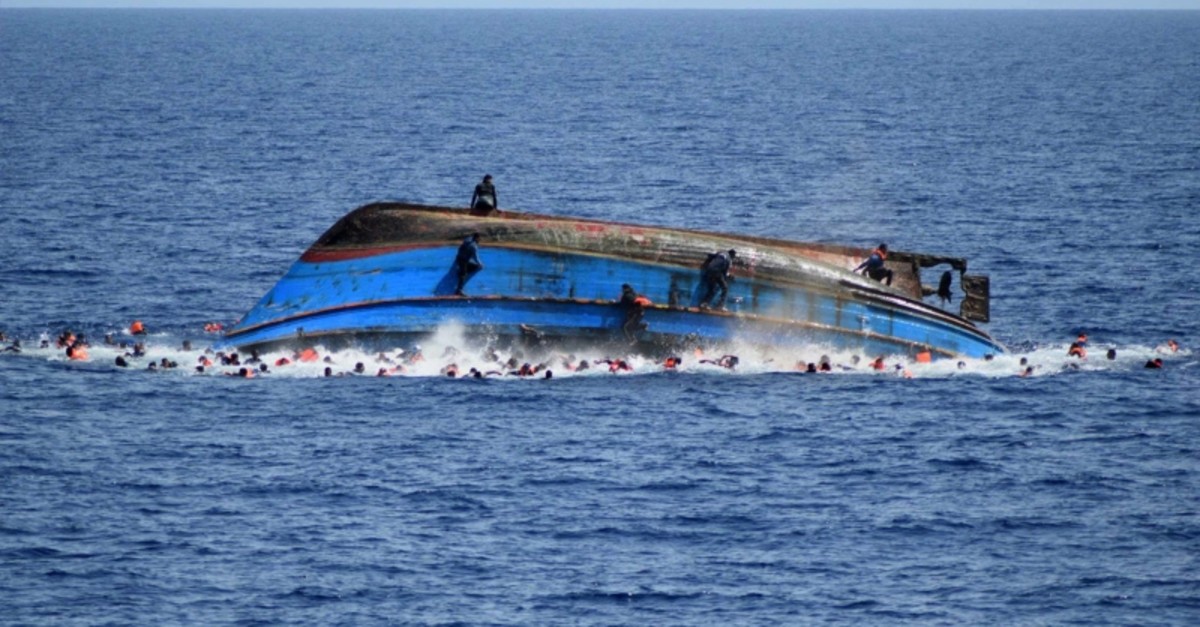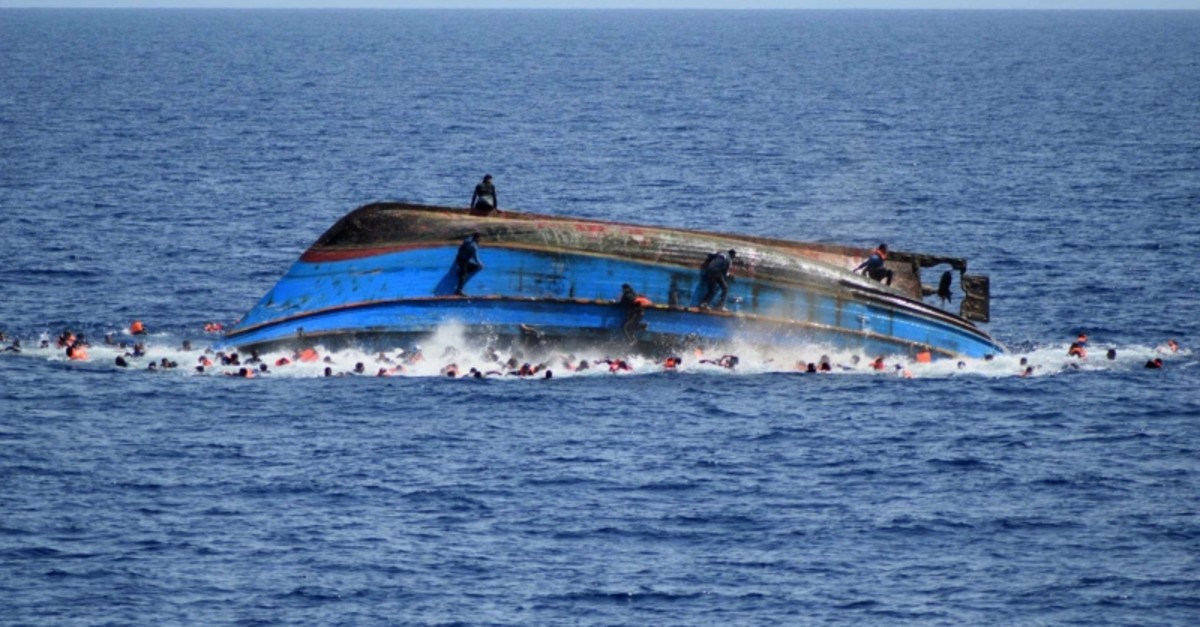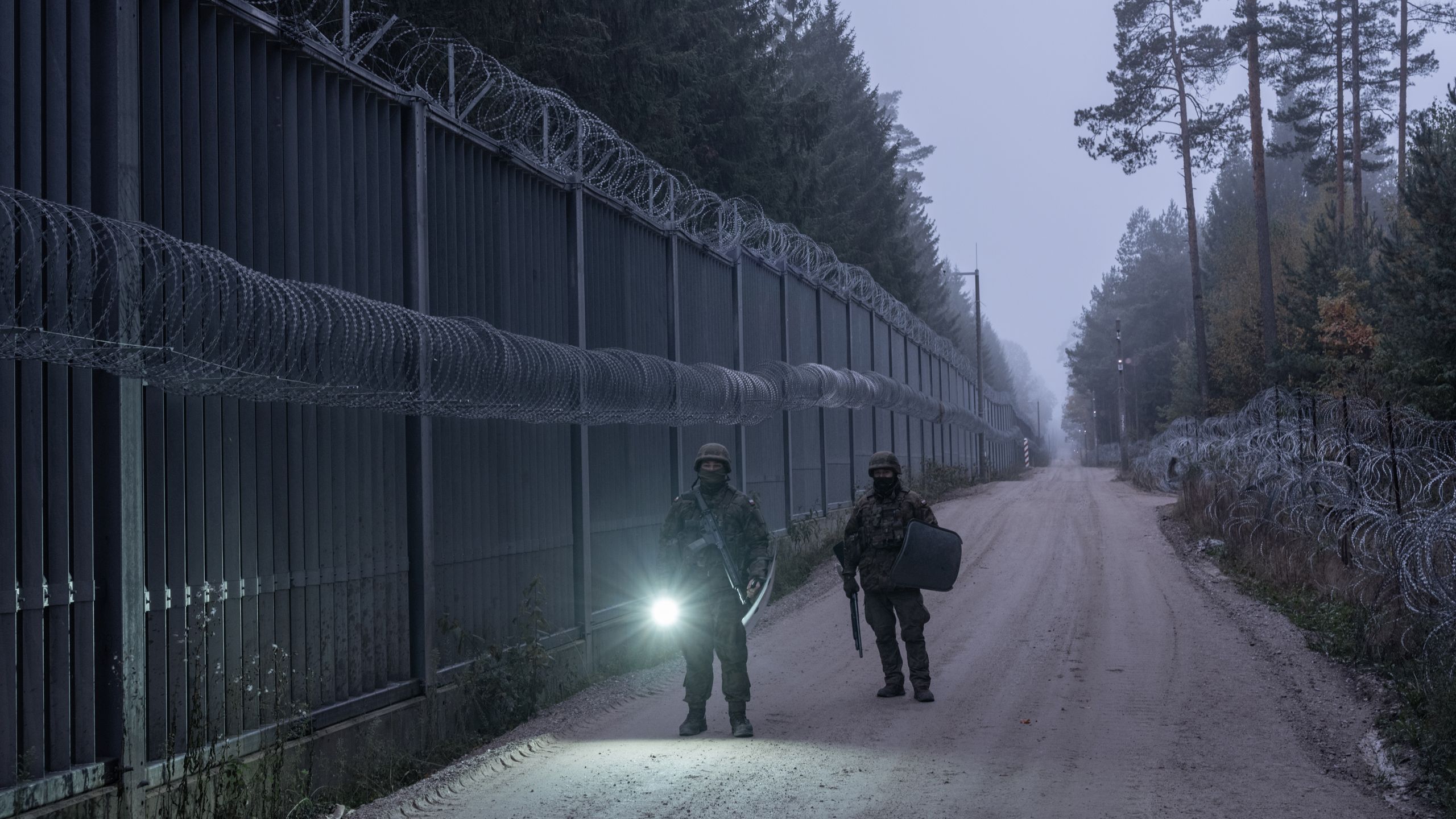Photo credit: the Guardian
Following repeated island-wide blackouts, Cuba’s government has spent the last few days attempting to stabilise the island’s national grid.
The Guardian reports that repeated blackouts have left residents of the country concerned about food, water supply, and Cuba’s future. Without power, sleep becomes difficult in the heat, food spoils, and the water supply fails.
Parts of the country’s communist system still function, and the municipality was able to help some people.
A week after the blackout, the island has returned to the status quo ante with regular power cuts of up to 20 hours daily. But the crisis has left a deep feeling of sadness about the future.
Maria Elena Cardenas, who lives in Havana, said, “You know, we Cubans manage the best we can.”
Julio Cesar Rodriguez said, “Cubans have a cheerful idiosyncrasy. Even when things are bad, we laugh. But this is really bad.”
The crisis started on October 17, when an order went out for all non-essential workers to go home.
The effort to save power didn’t save the system. The island went dark the next day. One of the main power stations, Antonio Guiteras, shut down, crashing all the other big generating stations in the system.
Built-in 1989, Antonio Guiteras is now battered and obsolete
The government has acknowledged the system’s parlous state. It blamed the 62-year-old US trade embargo. President Miguel Diaz-Canel said “financial and energy persecution” made it difficult to “import fuel and other necessary resources.”
Cuba’s government has relied on the generosity of its allies for most of its existence. However, those countries are facing their own difficulties and have cut supplies heavily.
The prime minister, Manuel Marrero, said in an address that the emerging private sector would have to pay more for its power. At the same time, the government looks to renewables to secure its future energy needs.
The island is blessed by sunshine. However, multiple attempts to start solar projects have nearly all failed when the companies involved were not paid. A foreign businessman said, “The government isn’t stupid. But there is no money.”
However, a deal has been struck with a Chinese company to provide all the materials for a slew of solar farms in return for access to Cuba’s nickel deposits. With well over 10 per cent of Cuba’s population having fled the economic crisis on the island in the last two years, there is scepticism about whether the expertise remains to build such systems.







